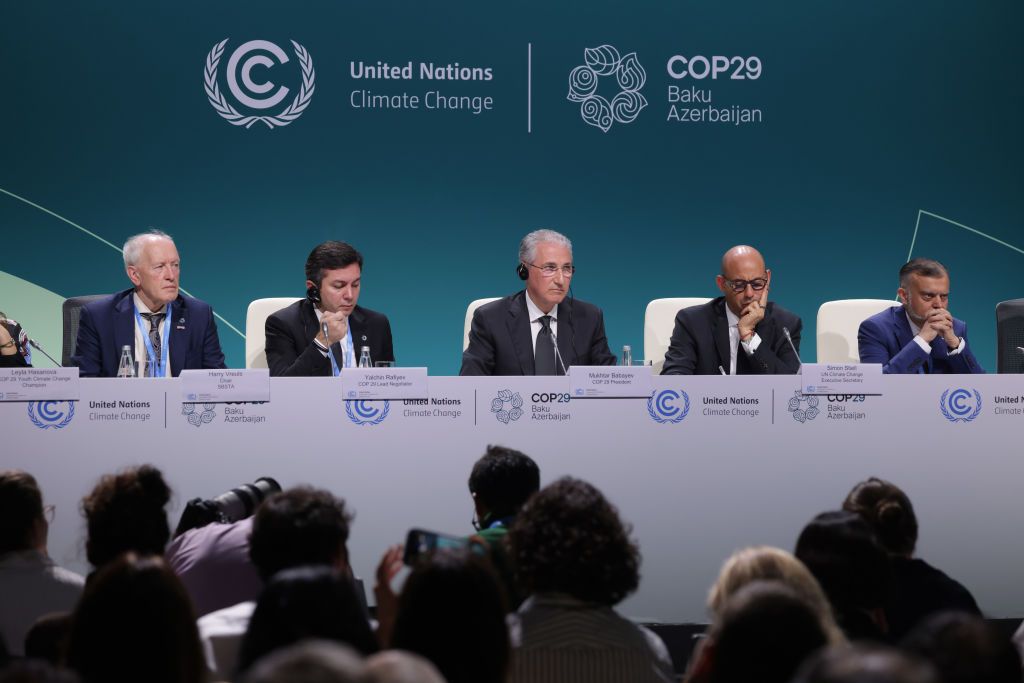Tourism Sector Embraces Climate Action Ahead of Global Summit

The United Nations Climate Change Conference (COP29) has made a historic move by including tourism in its action agenda, marking a significant shift towards transforming the global tourism sector into a climate-resilient and low-carbon industry.
Over 50 governments have endorsed the COP29 Declaration on Enhanced Climate Action in Tourism, which was launched in partnership with the United Nations World Tourism Organization. The initiative aims to drive climate action within the tourism sector, supporting its adoption of sustainable practices that reduce environmental impact.
The endorsement of the declaration is seen as a crucial step towards global action on climate change and promoting urban resilience. Ministers and high-level representatives from over 50 countries have participated in the First Ministerial Meeting on Enhanced Climate Action in Tourism, where they outlined ambitious plans to align the sector with climate action goals.
COP29 President Mukhtar Babayev said the inclusion of tourism in the UN Climate Change COP29 Action Agenda "represents a milestone for an important economic and environmental sector." He emphasized that the declaration aims to transform tourism into a climate-resilient, low-carbon sector that contributes to both economic development and global sustainability.
The World Travel and Tourism Council (WTTC) has also welcomed the initiative, with President and CEO Julia Simpson praising the Baku Declaration as "a clear signal to our sector, and the world, that travel and tourism is part of the solution to climate change."
The WTTC has launched the second edition of its Net Zero Roadmap for Travel and Tourism, revealing a surge in global travel and tourism businesses setting climate targets. The report shows that over half of leading travel and tourism businesses have committed to emissions reduction, with many adopting Science-Based Targets initiative (SBTi) goals.
Azerbaijan's State Tourism Agency has commended the initiative, citing its commitment to sustainable practices and embedding environmental policies in national strategies. The agency's Head of Cabinet, Kanan Gasimov, praised the roadmap, calling it "an actionable guide and a vision-setting tool for the industry."
The updated Net Zero Roadmap highlights the role of Sustainable Aviation Fuel (SAF) in reducing aviation's carbon footprint. The roadmap calls for the expansion of SAF adoption across airlines, supported by investment and regulatory alignment.
As COP29 comes to a close, the tourism sector is set to play a vital role in tackling climate change and promoting urban resilience. The declaration marks a significant step towards a sustainable future, with many governments vowing to enhance ambition and enable action on climate change.
Key Points:
- Over 50 governments have endorsed the COP29 Declaration on Enhanced Climate Action in Tourism.
- The initiative aims to drive climate action within the tourism sector by supporting its adoption of sustainable practices.
- The declaration encourages cross-sector collaboration to create cities that are resilient and inclusive.
- Many leading travel and tourism businesses have committed to emissions reduction, with over half now actively committed to targets.
- Sustainable Aviation Fuel (SAF) is identified as a cornerstone for aviation's decarbonisation pathway.
